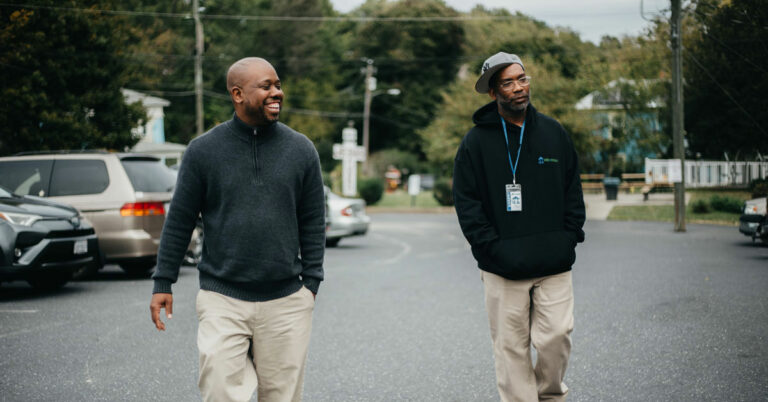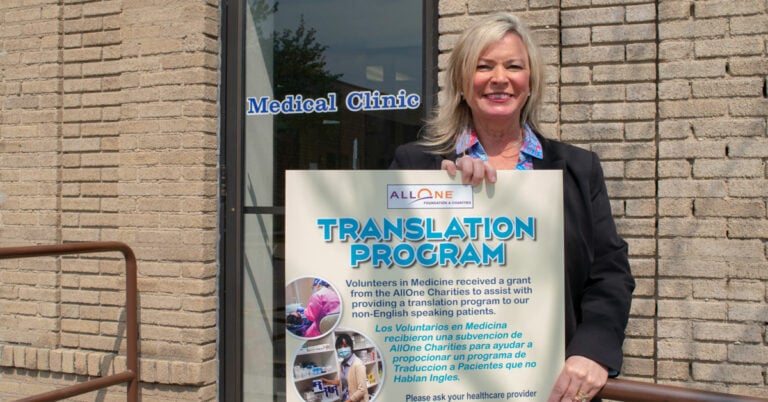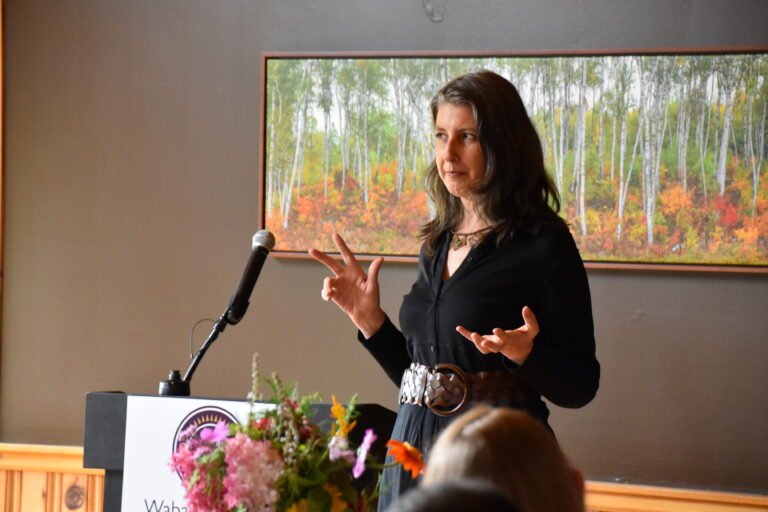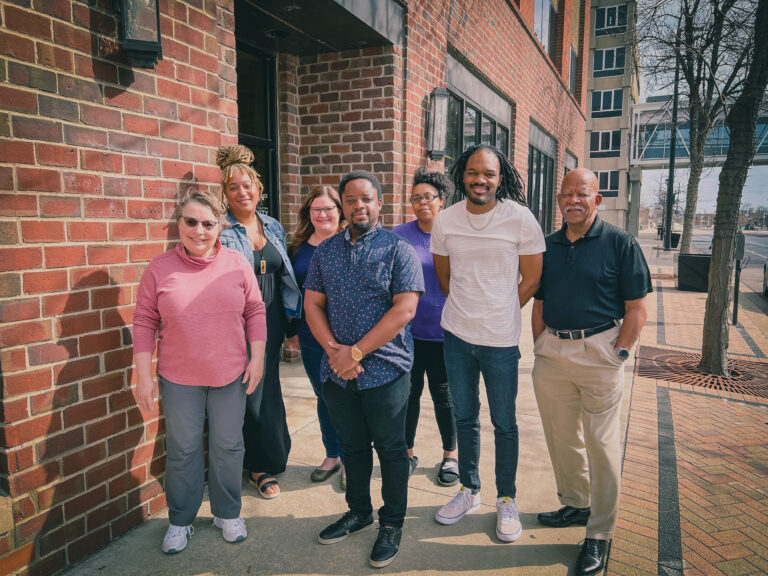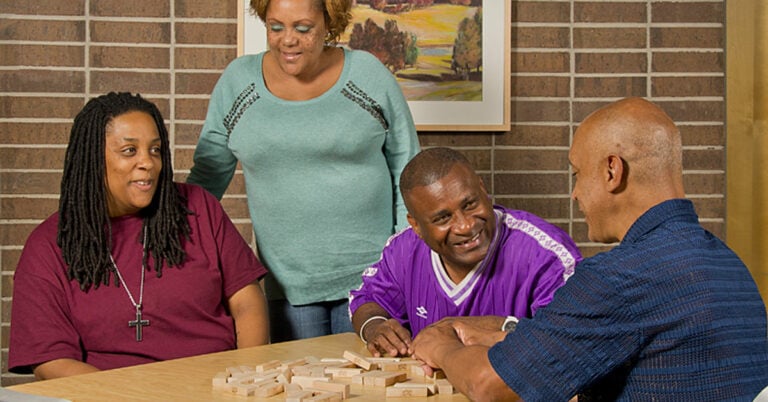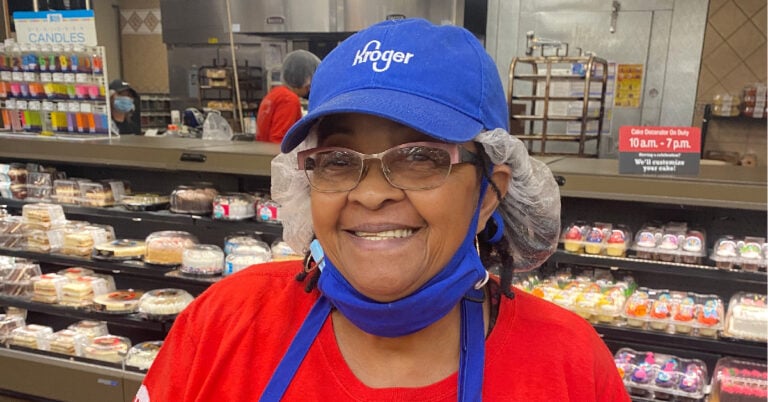“We are all about accessibility,” says Sarah Lewandowski of Genesys Works, a nonprofit helping high school students access pathways to education and careers. “We can’t foster a more diverse future workforce if we ourselves are not a nimble, agile organization ready to help our students navigate around the barriers they face, like economic disparities.”
Genesys Works is turning to its Listen4Good survey data to begin to identify the best ways to help their clients across the board. The organization is about to take a deep dive into information about student perceptions, opinions, and success rates at their internships, while also taking demographics, such as ethnicity and gender, into account.
“We didn’t want to jump to conclusions, especially when there are so many variables at play,” says Karen Marben, executive director of Genesys Works Twin Cities, the branch of the national organization participating in L4G. The L4G survey, however, is “a piece of a larger effort to understand the patterns of why students are successful and why they aren’t.”
Genesys Works has long focused on moving students towards earning bachelor’s degrees from four-year colleges. But when feedback from Listen4Good surveys of students confirmed that its very diverse student body needed a range of support for a variety of post-high school plans, the organization began tweaking its messaging, guidance, and programs. Staff there say while they want to encourage students to take advantage of opportunities that have the greatest potential for long-term economic benefits, they also recognize barriers to accessing some opportunities, such as affordability, and that as industry, technology, and the workforce continue to change, so do choices on the road to employment and career success.
“We pulled from the surveys an important theme that students want to be empowered and supported along whatever their journey is to education, internships, and careers,” Karen says.
In response, the organization is developing training to better prepare staff to discuss with students opportunities outside the traditional, four-year college option and programming to provide more assistance and resources to students exploring and choosing alternative pathways, such as community college or the military.
Genesys Works is also supporting students interested in earning credentials, which are becoming more valued among tech-industry employers. Credentials are earned through in-person or online classes with programs usually much shorter and less expensive than traditional college courses. Genesys Works is also planning to pilot a stacked credentials initiative, a program that builds career qualifications, to provide students an edge as they seek to gain employment in competitive IT roles.
While Genesys Works looks for big-picture solutions, responses to the L4G surveys and other ways Genesys Works gathers feedback from students, such as through regular staff check-ins with alumni and a Student Advisory Board, are shaping more everyday changes, too.
It’s that sort of holistic support that students say they appreciate.
Alexia, who participated in Genesys Works programs through high school, is now a student at Normandale Community College and plans to apply for a second internship at the Hennepin County Attorney’s Office, where she worked last year following a Genesys Works training program. She’s also considering transferring to a four-year school after two years at Normandale, and her Genesys Works adviser has already given her helpful tips.
“You get the idea from the surveys and stuff that they really want to understand what works for us,” Alexia says, “and that they are going to be there to help however you need it.”

